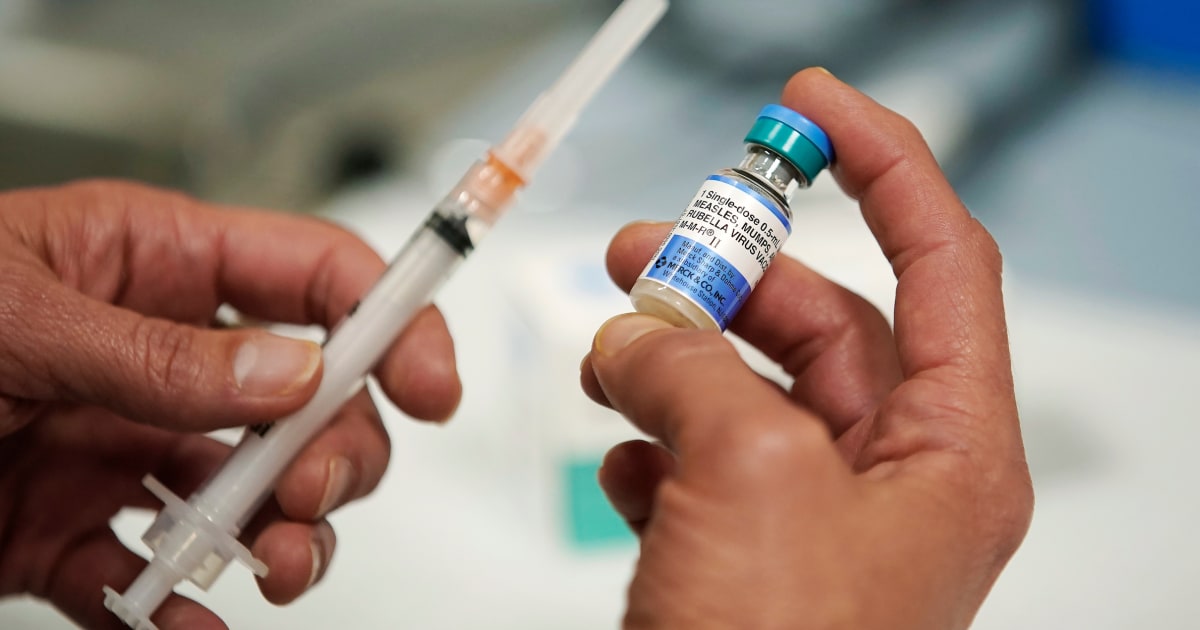- Click to share on Facebook (Opens in a new window)
- Click to share on Twitter (Opens in a new window)
- Click here to share on LinkedIn (Opens in a new window)
- Click to email a friend (Opens in a new window)
What you need to know about coronavirus: 5 answers 0:59
(CNN) - With new cases of coronavirus reported daily in countries around the world, many travelers wonder if they should cancel or postpone their existing plans and delay travel reservations.
“Should I cancel my trip to Rome and Florence?” Asks a CNN reader. "What is the threshold to rethink national travel plans?" Asks another.
Unfortunately, there is no one answer for everyone.
It is an individual calculation, experts say, taking into account a number of factors: the traveler, his companions, the destination and more.
In an unpredictable and rapidly evolving situation, solid information is key.
"Find a very small amount of sources of information you trust, and trust them because they are competent and because you think they are working for your good," says Baruch Fischhoff, a psychologist and professor in the Department of Engineering and Public Policy at the University Carnegie Mellon.
Notices updated regularly
The Centers for Disease Control and Prevention of the USA. UU. (CDC) and the US Department of State. UU. They issue regular travel notices for destinations that are significantly affected by the virus outbreak.
Monitor them “closely and regularly,” advises Dr. Henry Wu, director of the TravelWell Center at Emory Healthcare.
At this point, traveling to China and South Korea is highly discouraged, and precautions should be taken to travel to destinations such as Italy, Japan, Iran and Hong Kong.
"In the absence of specific notices, travelers should still consider that situations can change rapidly," said Wu, an assistant professor of medicine in the Division of Infectious Diseases at Emory University School of Medicine.
Investigating their destiny and paying close attention to the restrictions or other public policies on the coronavirus adopted by those countries will also help in informed decision making.
"In general, travelers should always assess the importance of a trip, as well as their personal risk tolerance and health problems," Wu said.
READ : Reasons not to panic about the coronavirus: this is what you should do
Personal Risk Assessment
That is exactly what Fischhoff, who is a career decision scientist, is doing on a trip he has scheduled for the United Kingdom in March.
Since the place where the virus will appear is quite unpredictable, it has accepted that each place has some degree of risk.
But if the risk were not greater than it is now, he said, the probability of dying is "very, very low" and the probability of getting sick is "very small."
The likelihood of being severely bothered, stranded by a closed border or quarantined in a hotel or ship, is "considerably higher," said Fischhoff. "At this time it is still quite low in absolute terms, and it is not clear how fast it is moving."
Fischhoff will continue to assess the situation as his trip approaches, he said, but is willing not to consider the unrecoverable costs if he decides not to go.
He encourages the same framing for other travelers: Would it be better to go or not, regardless of cost?
Factors at stake
Older travelers or those with other conditions should consider that they may be at an increased risk of infection complications, Wu said.
For Angel Wilson, his mother's age is a factor in the decision to travel that he is struggling with at the moment. Wilson was inclined to cancel a trip to Japan in March with his daughter and his mother.
"It really makes no sense to go now when we can always postpone it and go later when we know it is safe," said Wilson, who is an Indianapolis-based travel consultant at Dream Journeys.
The responsibilities of a traveler at home are also a potential factor in his decision-making, Fischhoff said. Those who care for young children or older parents may have a lower tolerance for unexpected delays on returning home.
And some people care more than others. If you anticipate that the situation may drain the pleasure of a leisure trip, it might be worth changing your plans, he said.
LOOK : Tourism in Italy decreases dramatically due to the coronavirus
Protect your trip
Wilson has also considered being stranded in Japan if the situation worsens and the trip stops. Japan had more than 900 cases of coronavirus as of February 27, with eight deaths reported.
American Airlines agreed to waive the cost of returning the loyalty miles Wilson used for his airline tickets to his account.
Some of his clients have not been so lucky. While Wilson specializes in the Caribbean, Hawaii, cruise and all-inclusive vacations, the outbreak has affected some of his reservations.
Navigation was canceled on March 1 at Sapphire Princess in Asia, and although the costs of your cruise will be reimbursed, your customers will not receive their non-refundable plane and hotel tickets.
At this point, Wilson encourages travelers to pay more for air fares and refundable hotel rooms. It is also recommending that customers pack two more weeks of medication, just in case.
She recommends buying cancellation insurance policies for any reason. It is the only type of travel insurance that applies in this scenario, he said.
Coverage tends to be approximately 30% more expensive than other types of travel insurance, according to Wilson.
Sellers have their own rules on how their policies work. Some offer up to 80% cash back, while others may offer only future reserve credits.
Some providers are starting to update their policies. AmaWaterways now offers a Travel Waiver Plus to give customers more peace of mind when booking, Wilson said.
"They are offering this to guests who are already booked, as well as to new reservations," he said.
What works to prevent you from coronavirus? 2:22Health precautions
Whether due to coronavirus or influenza, travelers should always take precautions to protect themselves from infection.
"I am not aware of any documented cases of COVID-19 acquired during flights, but I would advise travelers to take the usual precautions to prevent respiratory diseases, including handwashing and refraining from traveling while they are ill," Wu said.
He urges travelers to follow the guidance of the CDC and the World Health Organization (WHO), which include "strict hand hygiene, cough protocol, avoiding sick people and general social distancing."
Influenza vaccines are recommended as the flu is also spreading, and flu prevention could also prevent symptoms that will raise new concerns for the coronavirus, Wu said.
Finally, the calculation of the risk of each traveler will be different.
"A trip may be fine for some travelers, while the same itinerary can cause great concern and stress for others," Wu said.
Flights







